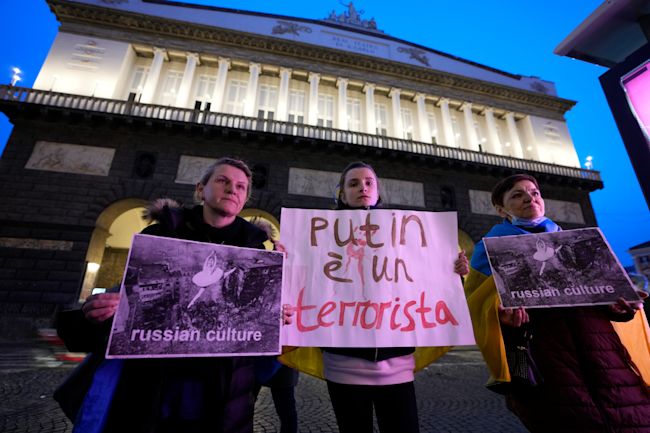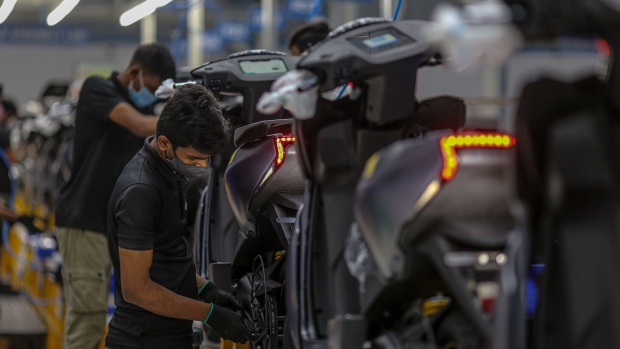CEDAW’s Landmark Decision on the Criminalisation of Same Sex Conduct Between Women
Rosanna Flamer-Caldera (RFC v Sri Lanka), is a human rights activist and the Executive Director of Equal Ground which campaigns for lesbian, gay, bisexual, transgender and intersex (LGBTI) rights in Sri Lanka. Ms Flamer-Caldera is a lesbian, and is open about her sexuality. Her activism on these issues is well-recognised both inside and outside of the country where she has worked for decades to ensure human rights for members of the LGBTI+ community. On 23 August 2018, acting under Article 7(1) of the Optional Protocol to the Convention on the Elimination of All Forms of Discrimination against Women (CEDAW), the author submitted a claim to the Committee on the Elimination of Discrimination against Women (‘CEDAW Committee’). The applicant complained that same sex activity between consenting adults is a criminal offence under the Sri Lankan Penal Code. By its 1995 amendment to Section 365A of the Penal Code of 1883 Sri Lanka extended the criminalisation of ‘acts of gross indecency between persons’ to include sexual conduct between women, replacing the previous wording ‘male person’ with ‘person’. The author set out in her complaint how she has been subjected to discrimination, harassment, stigmatisation, threats, high profile attacks on her character and threats of violence, additionally her organisation was placed under surveillance and raided by the Criminal Investigation Department for ‘spreading homosexuality’. She complained that she was targeted by State officials and members of the public due to her openness about her sexual orientation, her wearing of ‘masculine attire’, her activism for LGBTI+ rights, and her failure to conform to gender stereotypes. The author argued for the first time in an individual communication before the CEDAW Committee that the criminalisation of same sex conduct between women meant that discrimination, violence and harassment faced by the LGBTI+ community continues with impunity in Sri Lanka in violation of her rights under the Convention.
On the 23 March 2022 the CEDAW Committee handed down a landmark opinion finding that the state had violated a number of the Convention’s provisions. In this post, we set out the findings of the Committee with a short conclusion on its significance for international human rights law. The Committee’s opinion is significant for a number of reasons, most obviously as the first finding by a UN human rights treaty body that the criminalisation of same-sex lesbian conduct is a human rights violation. It is the second case ever by a UN human rights treaty body in relation to decriminalisation of consensual same-sex conduct, after Toonen v Australia. According to the Human Dignity Trust, ‘most of the 40-plus countries that currently criminalise same-sex intimacy between women have voluntarily signed up to the Convention and are now in clear and blatant violation of its binding legal obligations’. The opinion is also significant for emphasising the inclusive nature of CEDAW with the recommendations in particular directed to the protection and rights of lesbian, bisexual trans and intersex women.
Criminalisation of Same Sex Conduct under CEDAW
In Flamer-Caldera the CEDAW Committee found violations of articles 2(a), (c)-(g), 5 (a), 7 (c), 15 and 16 in conjunction with article 1, and in light of general recommendations no. 19, 33 and 35 of the Convention. The Committee found that the State party had subjected the author to direct and indirect discrimination ‘emanating from the Penal Code of 1883 as amended’. The Committee contextualised this within the broader discriminatory environment in which women live, stating that ‘certain groups of women, including lesbian women, are particularly vulnerable discrimination through civil and penal laws, regulations and customary laws and practices’. The Committee also noted that Ms Flamer Caldera was a well-known in Sri Lanka for being a lesbian and activist for LGBTI rights and that this put her ‘under constant risk of arrest, detention and investigation of her private life’ given that the law continues to be enforced. For these reasons the Committee found violations of Article 2(a) and (d)-(g) of the Convention which inter alia calls on states to repeal discriminatory laws and to take appropriate measures to eliminate discrimination.
Discriminatory Laws and Gender Stereotyping
The Committee held that the State party had also violated Article 2 (c)-(f) of the Convention in conjunction with general recommendations no 19 and 35 of the Convention for failing to respect and protect the author’s right to life free from gender-based violence. The Committee drew attention to how gender-based violence against women, takes multiple forms and that states should repeal provisions that allow, tolerate or condone forms of gender-based violence against women (echoing the words of general recommendation no 35). The decision thus contributes to the Committee’s growing jurisprudence on gender-based violence against women including lesbians following their earlier decision of ON and DP v Russia (2020). Further the Committee held that Article 15(1) of the Convention had been infringed since ‘criminalisation is incompatible with the author’s right to complain of the abuse and threats to which she has been subjected’ since it makes her vulnerable to arrest and prosecution for approaching the police or law enforcement to file complaints of threats or harassment.
Article 5(a) of the Convention places an obligation on State parties to eliminate prejudicial stereotypes. With respect to this case the Committee noted that ‘decriminalization of consensual same sex relations is essential to prevent and protect against violence, discrimination and harmful gender stereotypes’. The Committee found the State to be in violation of this article as it had not effectively refuted or indicated any measures taken to eliminate the prejudices to which the author had been exposed as a woman, lesbian and activist.
The Right to Participate as a Human Rights Defender and LGBTI Activist
Significantly, the Committee held that article 7(c) of the Convention which ensures women’s participation in civil society organisations had been violated. This finding is the second time in two years that the Committee has held that states have violated the rights of human rights defenders and their right to participate in activism (see also Abaida v Libya, CEDAW/C/78/D/130/2018 decided April 2021). The Committee held that the State in this case had ‘failed to protect the author against, and [has] partaken in, harassment, abuse and threats against the author’s work’ promoting LGBTI communities’ rights in Sri Lanka.
Protecting Non-Heterosexual Relations
One of the key findings in this case, which will be of particular interest to scholars who are ‘queering international law’ and to those who work on LGBTI rights is the finding in paragraph 9.7 that the criminalisation of same sex sexual conduct between women breaches the rights under article 16 of the Convention which relates to marriage, family relations, autonomy and choice. The Committee states that the ‘rights enshrined in the Convention belong to all women, including lesbian, bisexual, transgender and intersex women’ and that it applies to ‘non-heterosexual relations’. The Committee in this way underlines its inclusive nature and responds to criticism that under CEDAW ‘women’s experience of “family life” is assumed to be married and heterosexual … ’ (Otto, in International Human Rights Law, Moeckli et al, eds. p. 357). Dianne Otto’s contribution to the case as an amicus curiae is recognised in the body and footnote of the opinion, which is a rare acknowledgment in the jurisprudence of the Committee on the role of third party interventions.
Recommendations
Following its finding that Sri Lanka had violated the author’s Convention rights, in line with its usual procedure, the Committee made a number of specific recommendations to redress the individual’s situation and some more general recommendations that seek to have transformative impact within the state. The Committee made 11 recommendations in total. Individual recommendations looked to redress the situation of the complainant and to ensure her personal security as well as that of her organisation. The Committee also recommended criminal procedures to hold those responsible for threats and harassment to account. The general recommendations seek to bring about social change through such measures as legal and policy reform. Foremost, the Committee recommended that Sri Lanka ‘decriminalise consensual same-sex conduct between women having passed the age of consent’. Other recommendations covered the provision of effective protection against gender-based violence against women; of protection, support systems and remedies for lesbian, bisexual, transgender and intersex women who are victims of discrimination; and access to effective civil and criminal remedies.
NB: the authors of this blog were counsel in the case alongside Karon Monaghan QC. We were instructed by Human Dignity Trust and DLA Piper. These views represent our own.
Christine Chinkin
Christine Chinkin, FBA is Emerita Professor of International Law, Professorial Research Fellow and Founding Director of the Centre of Women Peace & Security at LSE. She is a barrister, a…
Keina Yoshida
Dr Keina Yoshida is a barrister specialising in international human rights law at Doughty Street Chambers. They are also a research officer at the Centre for Women, Peace and Security…















